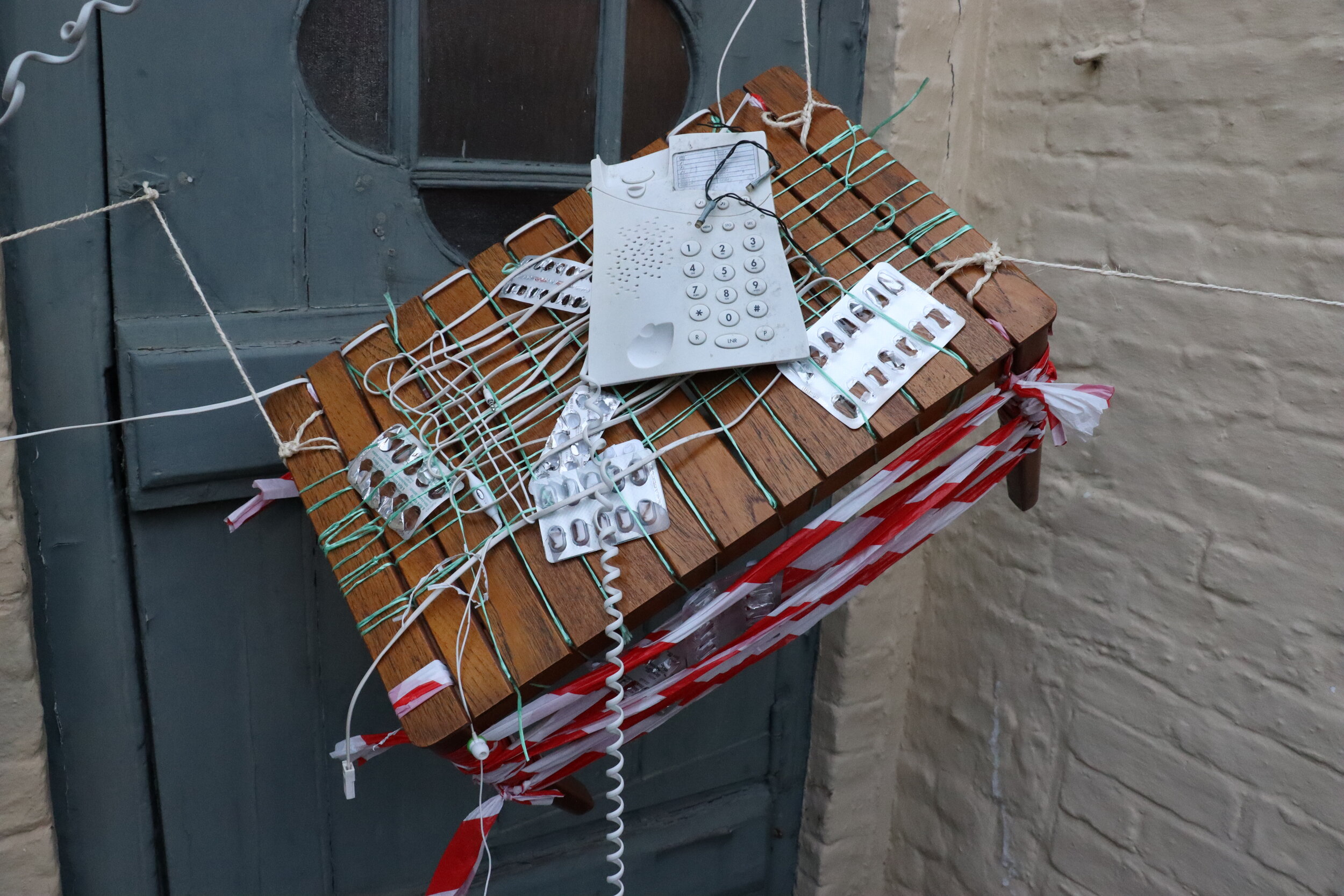The introduction and first part of the book, Bad Timing, is a tough read. She visits conferences dedicated to climate change denial and unpicks the money trail given to the propaganda. Klein devotes a lot of space to Richard Branson and Bill Gates, exploring their Damascene conversion to finding a “solution” to climate change, and how this hasn’t halted or altered their business practices and expansions.
But I think it’s crucial to focus on the positive and highlight the optimism that Klein does weave through the latter part of the book, where she talks of some of the communities she has visited who are able to “build fleeting pockets of liberated space”, in terms of their “resistance to the economic system [that] creates the necessary friction to slow and brake.”
I met with a group of people who had come together through the Transition Cambridge Group to discuss This Changes Everything and asked them for their responses, how the discussions around the issues had gone, had anyone’s attitudes changed and how they were responding as a group and as individuals and members of other families, communities and networks, to the strong message for change and action.
“As a direct result of coming together to read and respond to the book, we’ve formed a group called ’Fossil-Free Cambridgeshire’, one member, a doctor, said: “We concluded the book before the winter holidays, then we reconvened and discussed where to go. We talked about doing an action and then thought about starting a group like this. The university has one, Positive Divestment Cambridge, but that’s specifically for the university. It isn’t about divestment, but about positive investment instead."
“We also decided to create another group, a support group or a leaders meeting, to discuss what was coming out of this and support each other. We formed around International global Divestment Day, made a banner and met and joined a demonstration."
We met on election night, 7 May, and the talk turned to arranging meetings with local ward councillors post-election, irrespective of their parties and any national political agendas, but to work on a local level with debate and discussion.
“I’m enthusiastic to do more, and reading the book and meeting within this group has reawakened the activist within me,” another member said. “From the outset, Klein spoke of the fears and struggles that confronted her, and that when she faced them, it showed her the reality [of the climate situation and the impact of business as usual]. We can have much better lives, and better communities, if we face some of these challenges and fears.”
This was a clear example of one of the “circular and reciprocal systems” Klein writes about, using resilience in a regenerative way to respond. Klein highlights many examples around the world where communities have come together, often from a very weak initially demoralised and socially awkward start, to create resistance and communality. Although politics belittles the people; as I write in late May the US Senate has voted 50-49 against the motion that humans are responsible for climate change, despite scientific evidence presented by NASA and other respected bodies to support the motion.
To conclude I’ll point the reader to both the book, and to the accompanying online materials and campaign, particularly the Beautiful Solutions part of the website, which highlights some opportunities “to chart a different course”.
The book needs to be read, and to be responded to, although I recommend seeking out, if not already being involved with, a community of those willing to engage with the issue, as the facts and figures Klein lays bare are a tough read, hard to digest and respond to alone.
May this book truly help to change everything, for the best we humans can achieve.
























